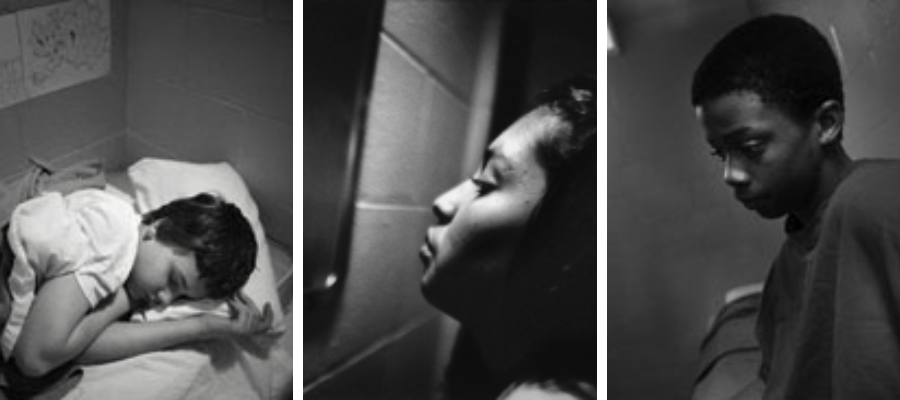What We Do
The Tennessee Youth Courts is a juvenile delinquency prevention and intervention program that offers communities an alternative to traditional juvenile justice. Since minority youth are overrepresented from their first contact with the juvenile justice system, the opportunity to provide effective intervention will immediately impact minority youth, reducing the likelihood of re-offending after committing the first offense.
For youth who volunteer, Youth Courts inform and educate young people about the role of law in our democracy and their role as active citizens. Volunteers learn about court procedures, sentencing options, trial techniques, the structure of the justice system, the meaning of justice, and relationships between rights and responsibilities.
Young people equipped with knowledge of the law and how it works within the judicial system are inclined to better understand their connection to the American justice system. The youth feel that they are participants, not potential victims.
Why Restorative Justice Works

Restorative justice, as well as other programmatic elements and protective factors, are designed to meet the needs of minority youth. Youth court programs have been shown to offer protective factors such as the opportunity to bond with peers who have healthy beliefs and clear standards and the likelihood of increased social skills and prosocial involvement in the community with possible positive recognition. Through restorative justice, youth are “restored” to a respected position within the community, sparing them from delinquent labels, stigma, and reputational damage caused by involvement in juvenile court, increasing the likelihood of further delinquent behavior.
Our mission is to give marginalized teens a chance to realize their full potential through training and engaging with peers under the direct involvement and supervision of judges, legal representatives and educators.
(Sources: DOJ Findings 2012, J.D. Hawkins, 1992, and Hirschfield 2009)

